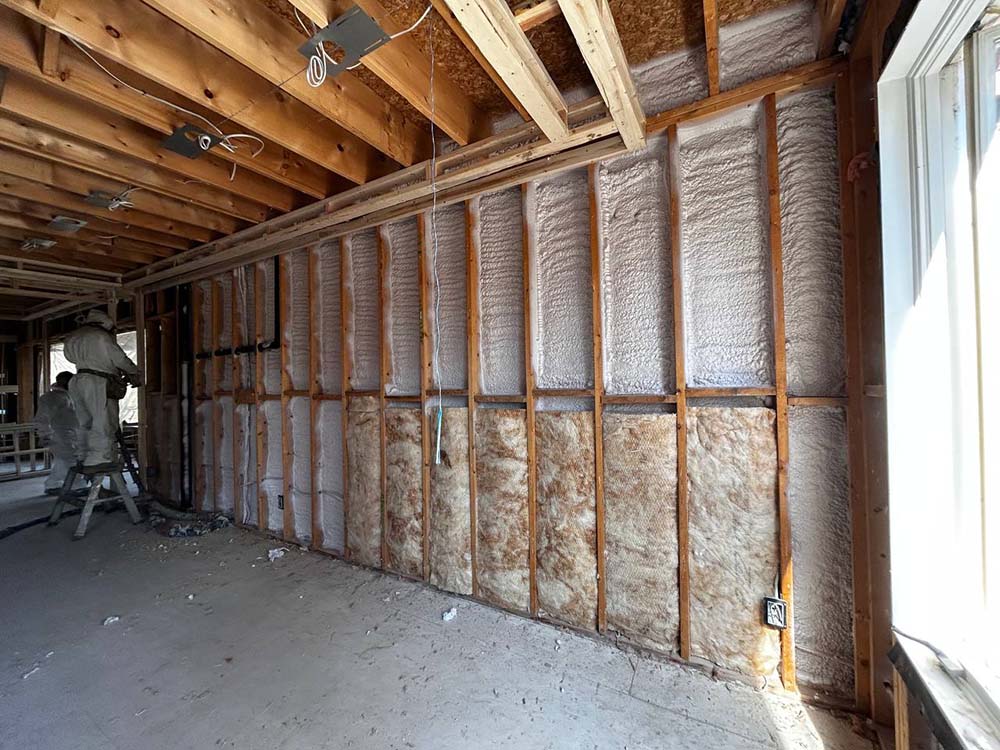
Spray foam insulation has emerged as a game-changer in the construction industry, offering excellent heat insulation and energy efficiency. As sustainability becomes increasingly important, advancements in sustainable spray foam insulation have become a key trend in energy-efficient construction. In this article, we will explore the latest developments in this field and how they contribute to creating more sustainable and eco-friendly buildings.
One significant advancement in sustainable spray foam insulation is the development of eco-friendly formulas. First, traditional spray foam insulation contained agents with high global warming potential (GWP). However, researchers and manufacturers have made progress in formulating alternatives with lower GWP, such as hydrofluoroolefin (HFO) agents. These new formulas minimize the environmental impact while maintaining excellent insulation properties.
Another crucial trend in sustainable spray foam insulation is the focus on enhancing performance and energy efficiency. To start with, innovative manufacturing techniques have led to the production of spray foams with improved heat resistance, air sealing capabilities, and moisture control. These advancements significantly reduce energy consumption by minimizing heat loss or gain. As a result, building owners can enjoy lower heating and cooling costs.
Hybrid spray foam insulation systems have gained popularity as an effective solution for specific applications. For example, these systems combine spray foam insulation with other materials like mineral wool or fiberglass batts to create a comprehensive insulation package. By combining different insulation technologies, hybrid systems offer better performance in terms of heat efficiency, soundproofing, and fire resistance. This trend reflects the industry’s commitment to finding innovative approaches to optimize insulation solutions for various construction requirements.
The integration of smart technologies in spray foam insulation is an emerging trend with promising potential. Additionally, smart insulation solutions incorporate sensors and monitoring systems to provide real-time data on energy consumption and temperature control. This data enables building owners to optimize energy usage, identify areas for improvement, and make informed decisions for energy-efficient operation. As a result, smart insulation technologies contribute to sustainable construction practices by promoting energy conservation and reducing carbon footprints.
Advancements in sustainable spray foam insulation have revolutionized the construction industry, offering energy-efficient solutions with reduced environmental impact. In conclusion, from eco-friendly formulations to improved performance and the integration of smart technologies, these advancements pave the way for greener and more sustainable buildings. By embracing these trends, builders and homeowners can contribute to a more energy-efficient future while enjoying the benefits of improved comfort and reduced energy costs.